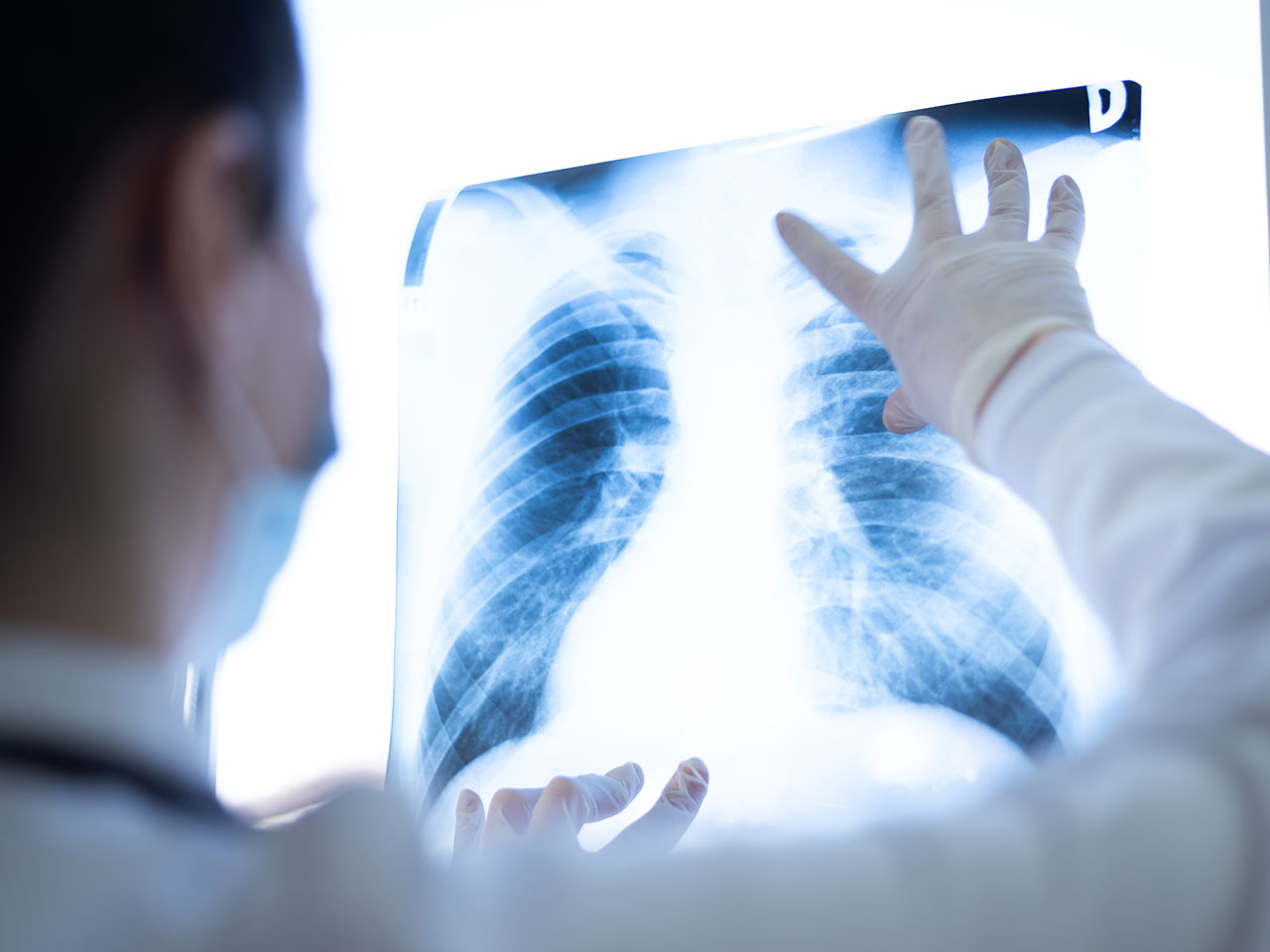Anti-Aging
There is no secret to living a long and healthy life.
Here are some other questions from my clients on living a long and healthy life.
Q: Well, doc, if there is no secret to living longer, why can’t everyone live a long and healthy life?
A: The answer is that living longer takes a little discipline. As you have seen from the Blue zone studies above, living longer also calls for a change in some of our old habits, and it is difficult to break old habits.
Recent new scientific findings also help us better understand how the gut Microbiome communicates with the brain to help us live longer. And some of the exciting new wearable technologies may be able to help us break our bad habits and possibly help us live longer. Sounds spooky? Read on.
Abnormal heart beats called “arrythmias” are thought to be responsible for up to 25 percent of all blot clots and strokes that can shorten your life. Can’t check your heart regularly to detect abnormal heart beats that could spell disaster as you age? Don’t worry, Apple™ and Fitbit™ watches, CardioMobile™ and the new crop of wearable health technologies can now detect the abnormal heart to allow preventive measures such as ‘blood thinners’ to be started to avoid the stroke. Wearable glucose monitors can help you keep your blood sugar under control. Treatments for these conditions can prevent short and long term complications and prolong your life.
Even more exciting technology is ‘The AgeMeter®’ a new non-invasive preventive-health medical device that can estimate and monitor your “functional age” to tell you how old your body is behaving (as opposed to your age as measured from your date of birth). See the articles on “the Microbiome” and on “wearable technologies” in recent issues of our Good Health News© newsletter
Gentle reminder that they are some basic steps that we must follow to live a long and healthy life despite the growing importance of these wearable health apps in our lives:
-
- Diet: Many of my patients find that they feel better and sleep better if they change their dieting habits and adopt a vegan, vegetarian, or Mediterranean-type diet*. As a group, the Adventist (many of whom are vegan or vegetarian) have the best health statistics in the US. Statistically, people who follow a Mediterranean diet live longer than people on a traditional western diet
- Exercise: Incorporate some exercise into your daily regimen. This includes some exercise to strengthen your lungs, called aerobic exercise. It also includes some exercise to strengthen your muscles, called muscle training. Most human physiologists will tell you that your body is not designed to sit for long period of time. Your body works best when it is active and moving
- Sleep: Make sleep in priority in your life. Several recent studies have shown that people who get less than five hours of deep sleep per day have shorter lifespans. It is best to aim for 7 to 8 hours of restful sleep per day (See section on Sleep, below**)
- Sunlight: Get outside and get some sunlight. If you live in a northern climate, you will need to take some vitamin D3 every day.
- Develop a social network, including a partner with whom you relate. It has been clearly proven that animals and people that live in tightly make communities tend to live longer. Isolation and depression tends to shorten your lifespan.
- Nutritional Supplements* It is difficult to eat a completely balanced diet as you grow older. You may find it beneficial to add some nutritional supplements to balance you diet from time to time. Here are my suggestions for nutritional supplements (please discuss them with your doctor):
-
-
-
- Green smoothies (I like green smoothies and I always begin my day with a green smoothie)
- a high-quality, organic, multivitamin, multimineral supplement
- sublingual vitamin B12
- a daily vitamin D3 supplement with your breakfast
- Most people find it hard to eat 10 fruits and vegetables per day. I suggest that you use a high quality powdered fruits and vegetables supplement mixed in your daily smoothie
- I suggest 50 mg of Zinc (as zinc acetate or zinc gluconate) twice per week
-
-
Here are 10 key takeaways for longevity (living to be 100+) from “Blue Zone” studies
The recent data from the ongoing Blue Zone studies that are beening conducted around the world, suggest that there are several main obstacles to living a long and healthy life. The key obstacles to staying healthy as we age are listed below with some suggested remedies.
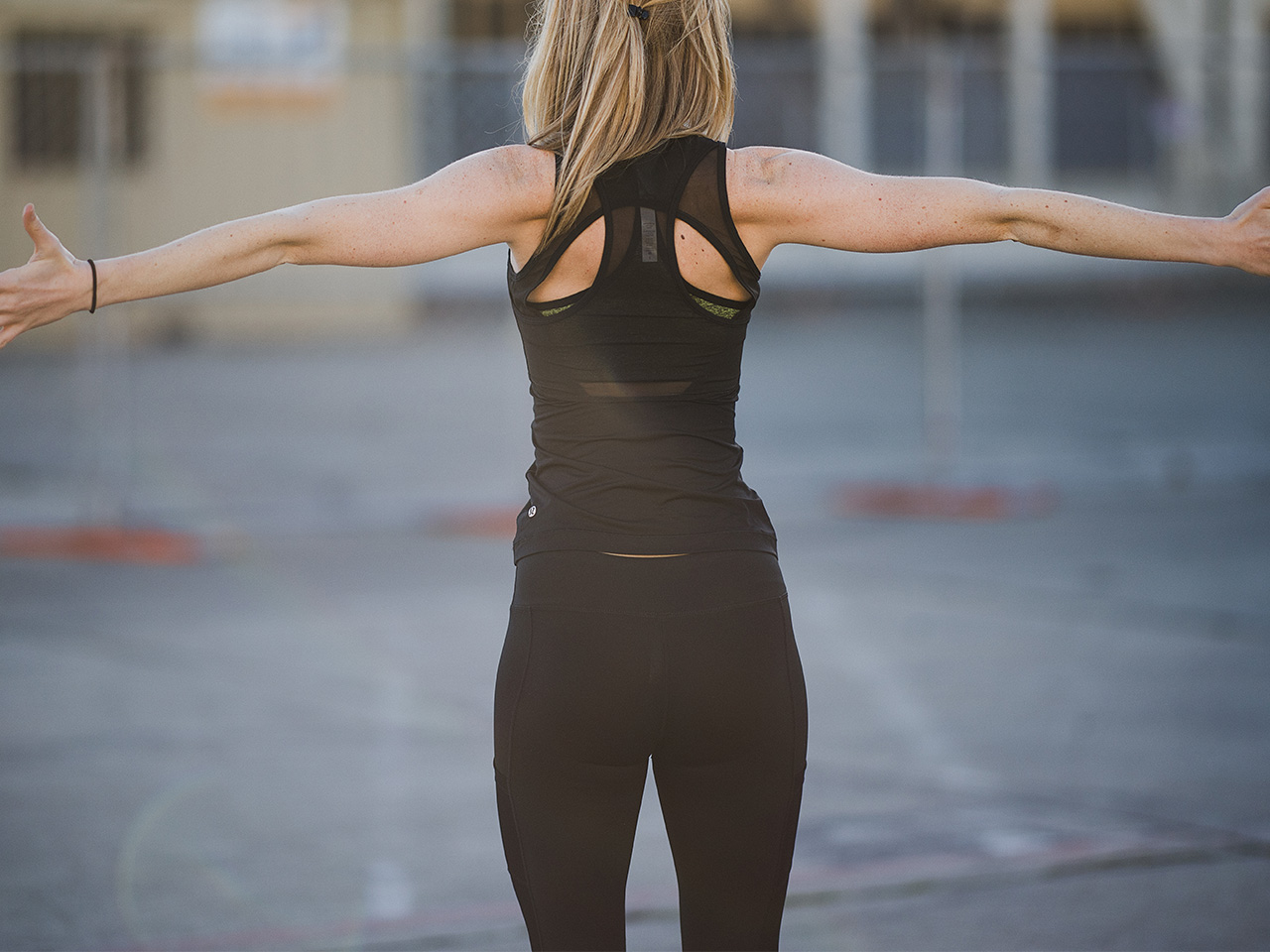
A sedentary lifestyle with decreased fitness: Sitting (at a desk or computer) or standing for most of the day at work or at home.
Remedy: Get 30 minutes or more of age-appropriate exercise every day (or about 10-15,000 steps/day)
Opioids abuse: Often due to chronic pain that needs to be treated with medications.
Remedy: avoid the use of opioid medications and speak to your doctor about alternatives for treating chronic pain

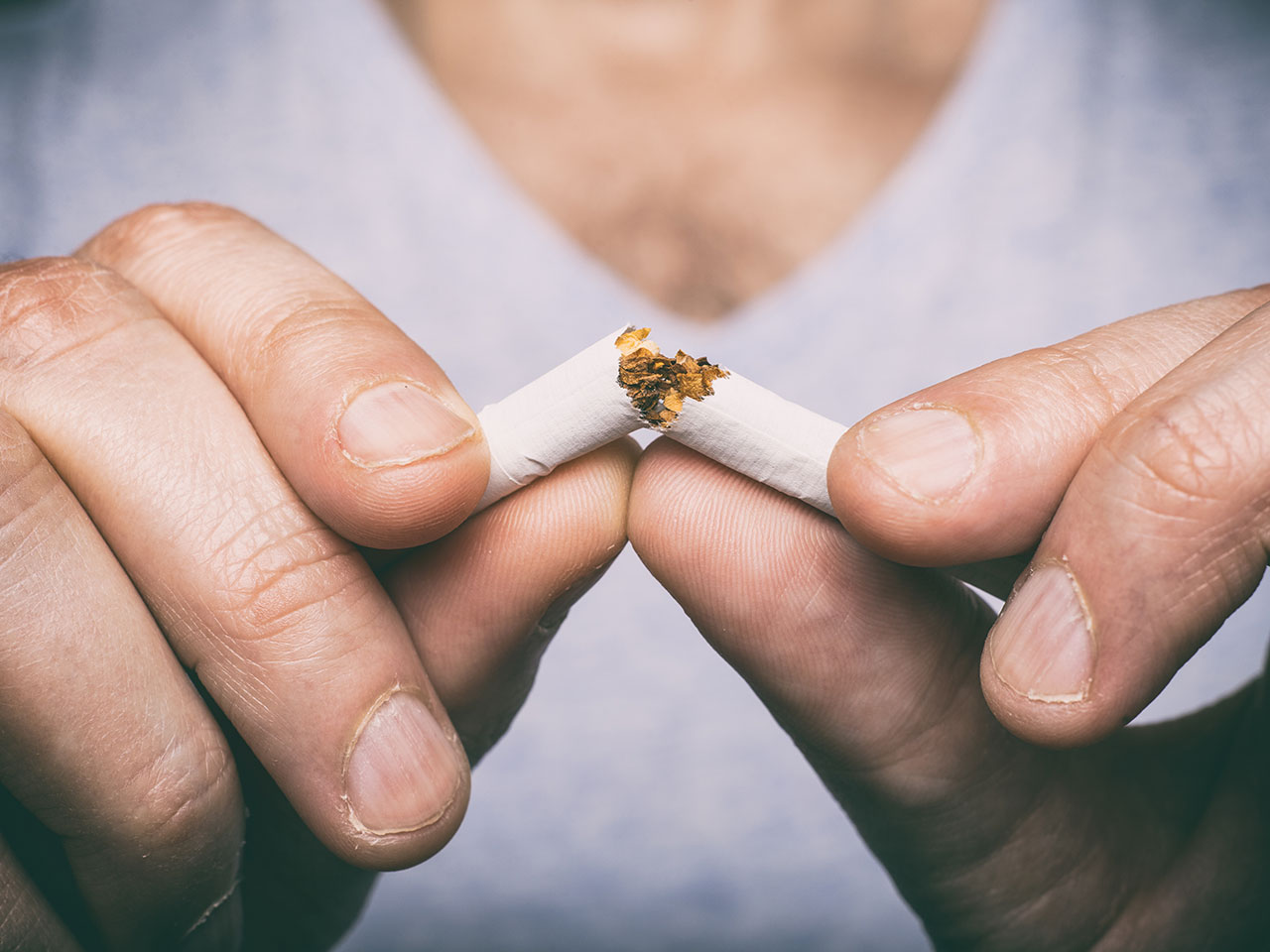
Smoking: history of tobacco abuse and cigarette smoking
Remedy: do not smoke, and if you smoke, quit now
Stressful lifestyle: frequent or excess stress on the job (a new job, a difficult boss, recent promotion, etc.)
Remedy: suggested remedies are meditation, yoga, exercise, religious or spiritual activities
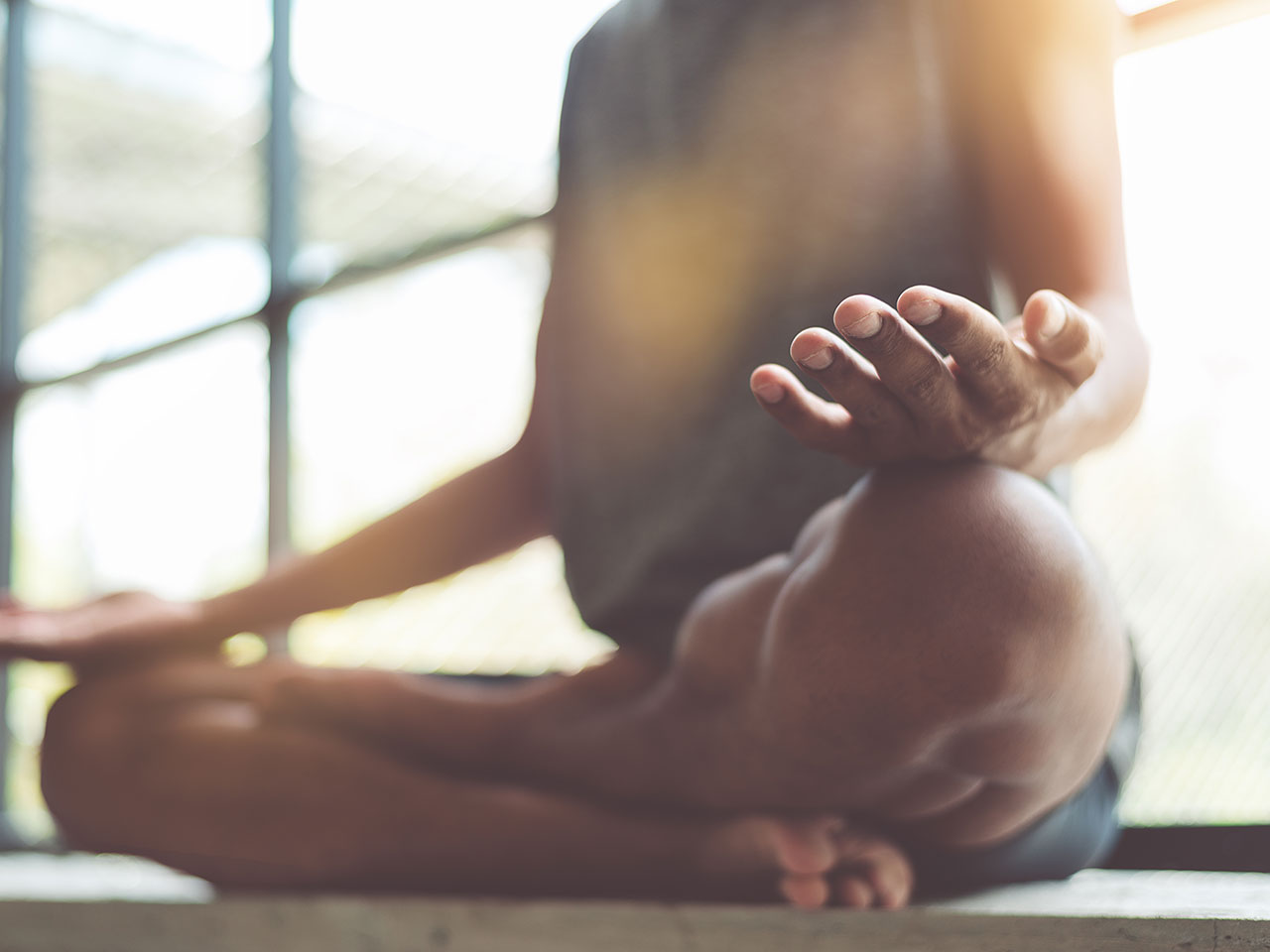

Poor diet: eating whatever foods are available, including “fast foods”, especially when you are traveling or on the run
Remedy: eat a Mediterranean type of diet, consisting mainly of whole foods, fish protein, fruits, nuts, leafy greens, and vegetables
Binge drinking: drinking alcohol and repeatedly binge-drinking
Remedy: It may be ok to have an occasional alcoholic drink or glass of wine, but always use moderation when drinking alcohol


Remedy: try to get 7-8 hours of restful sleep per day. Naps are OK to try to catch up on your sleep. If you feel fatigued during the mid-afternoon, it is OK to take a 15-30 minute nap.
Learn more about getting a restful nights sleep.
Social Network: it is a proven fact that “loners” do not live as long as people who maintain healthy social relationships
Remedy: try to cultivate and maintain a large social network (at work/ church/ sports) and stay connected (socialize) with your spouse, family and friends

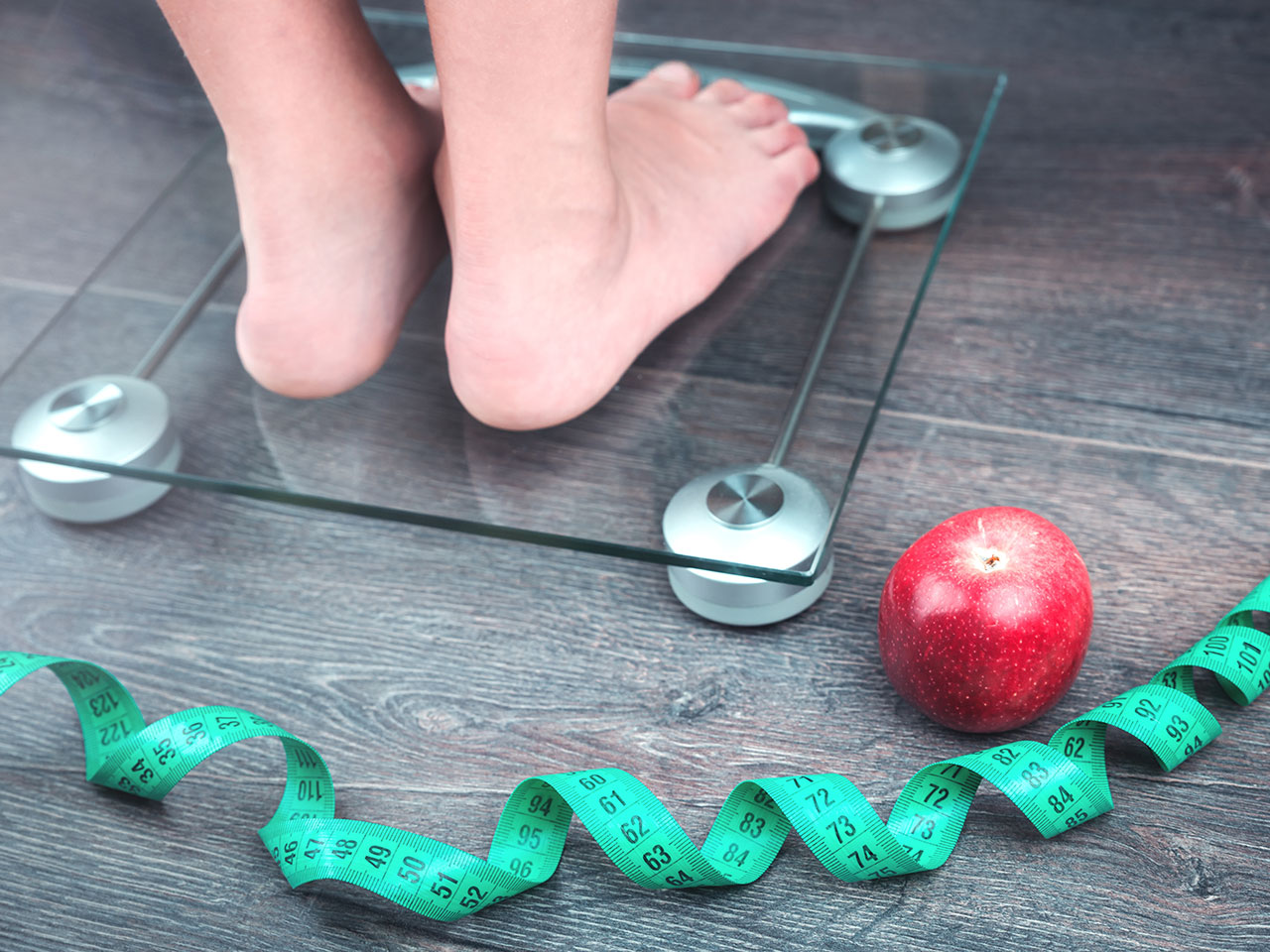
Obesity: A BMI of more than 30 (Obesity) increases your risk of developing several types of Cancer and could shorten your life.
Remedy: work with your doctor and your healthcare team to maintain a BMI of less than 30
Cancer: Many cancers run in families and can now be successfully treated if found early.
Remedy: talk to your doctor or a member of your healthcare team about cancer screening options if you have a personal or family history of cancer
